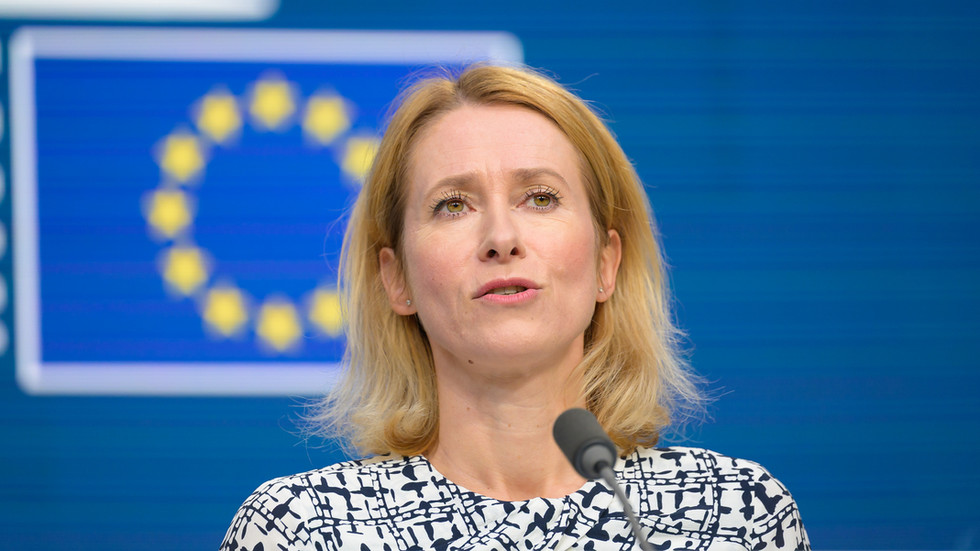In a decisive move against Russian aggression, the European Union has approved its 18th package of sanctions aimed at crippling the nation's oil and energy industries. This comprehensive set of measures
Did You Know
A day on Venus is longer than a year.
?
AD
seeks to reinforce the bloc's commitment to supporting Ukraine amid ongoing hostilities. The sanctions are designed to further weaken Russia's oil revenues and military capabilities during the continuing conflict.
This latest round of sanctions includes an expanded blacklist, adding 14 individuals and 41 entities to a list that now encompasses over 2,500 names. Key provisions focus on enforcing a lower price cap on Russian oil purchases and imposing restrictions on tankers transporting Russian oil. The aim is to diminish Russia's financial capabilities and exert pressure on its economy by disrupting the flow of vital energy revenue. Amid tightening economic conditions, the EU's approach is intended to bolster its geopolitical standing and lend greater support to Ukraine.
The Kremlin, however, has responded defiantly, claiming that it has adapted to previous sanctions and built up immunity against new ones. Russian officials warn that these new measures will likely lead to an increase in fuel prices across Europe, a potential backlash that could affect consumers. In a surprising turn, Slovakia has dropped its opposition, signaling a unified European stance against Moscow. By branding these sanctions as "unprecedented," EU leaders emphasize their resolve to strike at the core of Russia's wartime capabilities while reaffirming their solidarity with Ukraine in this ongoing struggle.
Q&A (Auto-generated by AI)
What are the key measures in the sanctions package?
The 18th sanctions package by the EU includes an expanded blacklist of 14 individuals and 41 legal entities, restrictions on tankers transporting Russian oil, and measures targeting several banks. It also introduces new export controls on dual-use goods and technologies, which can be used for both civilian and military purposes, aiming to limit Russia's access to critical technologies.
How have past sanctions affected Russia's economy?
Past sanctions have significantly impacted Russia's economy by restricting access to international markets and financial systems. These measures have led to a decrease in foreign investment, a decline in the value of the ruble, and challenges in the energy sector, which is crucial for Russia's economy. The cumulative effect has also prompted Russia to seek alternative markets and adapt its economic strategies.
What is the significance of the oil price cap?
The oil price cap aims to limit the revenue Russia earns from oil exports, which are vital for funding its military operations in Ukraine. By capping prices at 15% below market rates, the EU seeks to weaken Russia's economic stability while maintaining some level of oil supply to avoid global market disruptions. This strategy reflects a broader effort to balance economic pressure with energy security.
How do sanctions impact EU-Russia relations?
Sanctions have strained EU-Russia relations, creating a divide over issues like the Ukraine conflict. While the EU aims to pressure Russia into changing its behavior, Russia views these measures as hostile actions that threaten its sovereignty. Consequently, diplomatic channels have been reduced, and mutual distrust has increased, complicating any potential negotiations.
What role does Slovakia play in EU sanctions?
Slovakia has been a significant player in the EU's sanction discussions, particularly due to its reliance on Russian energy. Recently, Slovakia's Prime Minister announced that the country would no longer block the approval of the 18th sanctions package, indicating a shift towards supporting EU unity in response to Russia's actions, despite previous hesitations due to energy security concerns.












